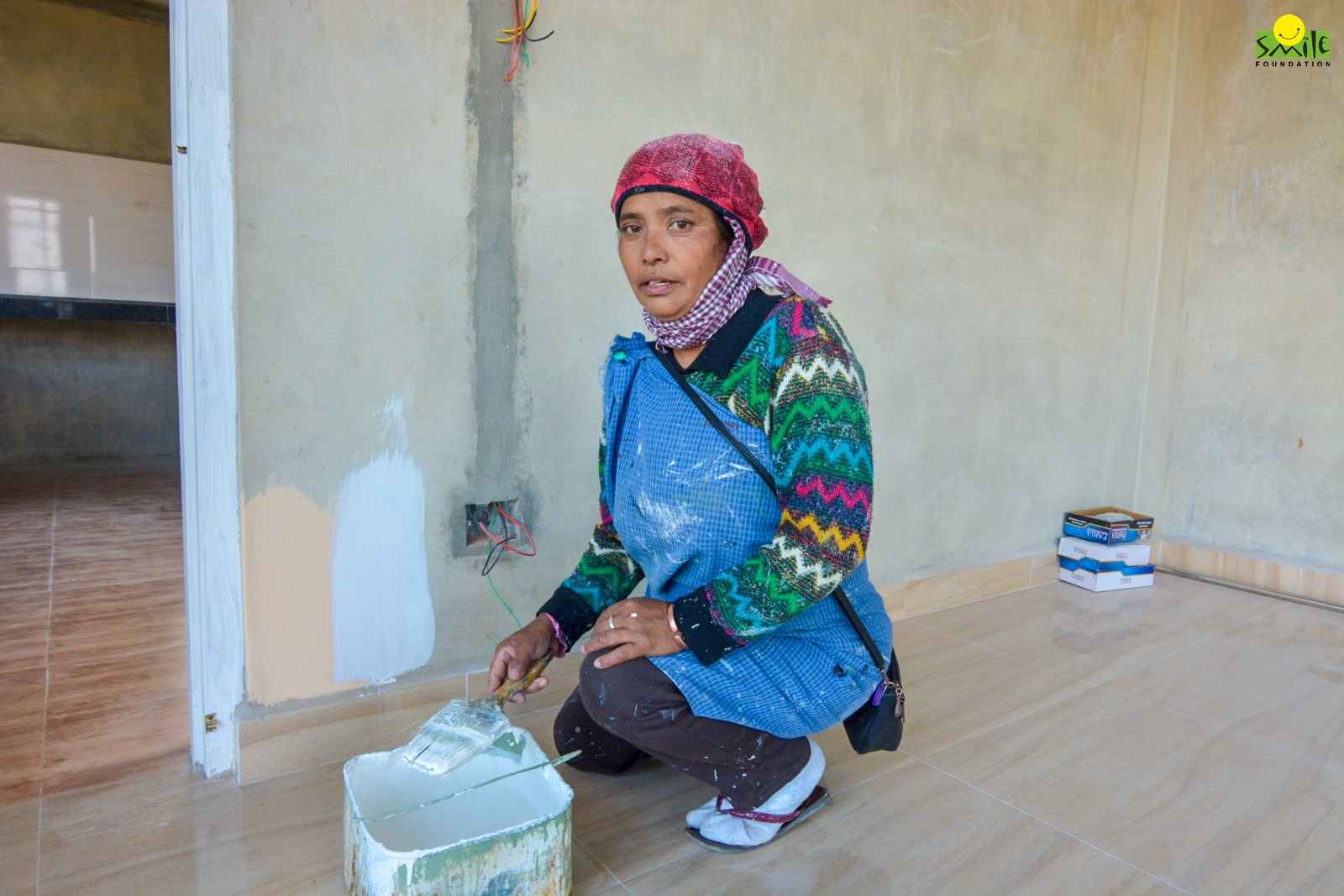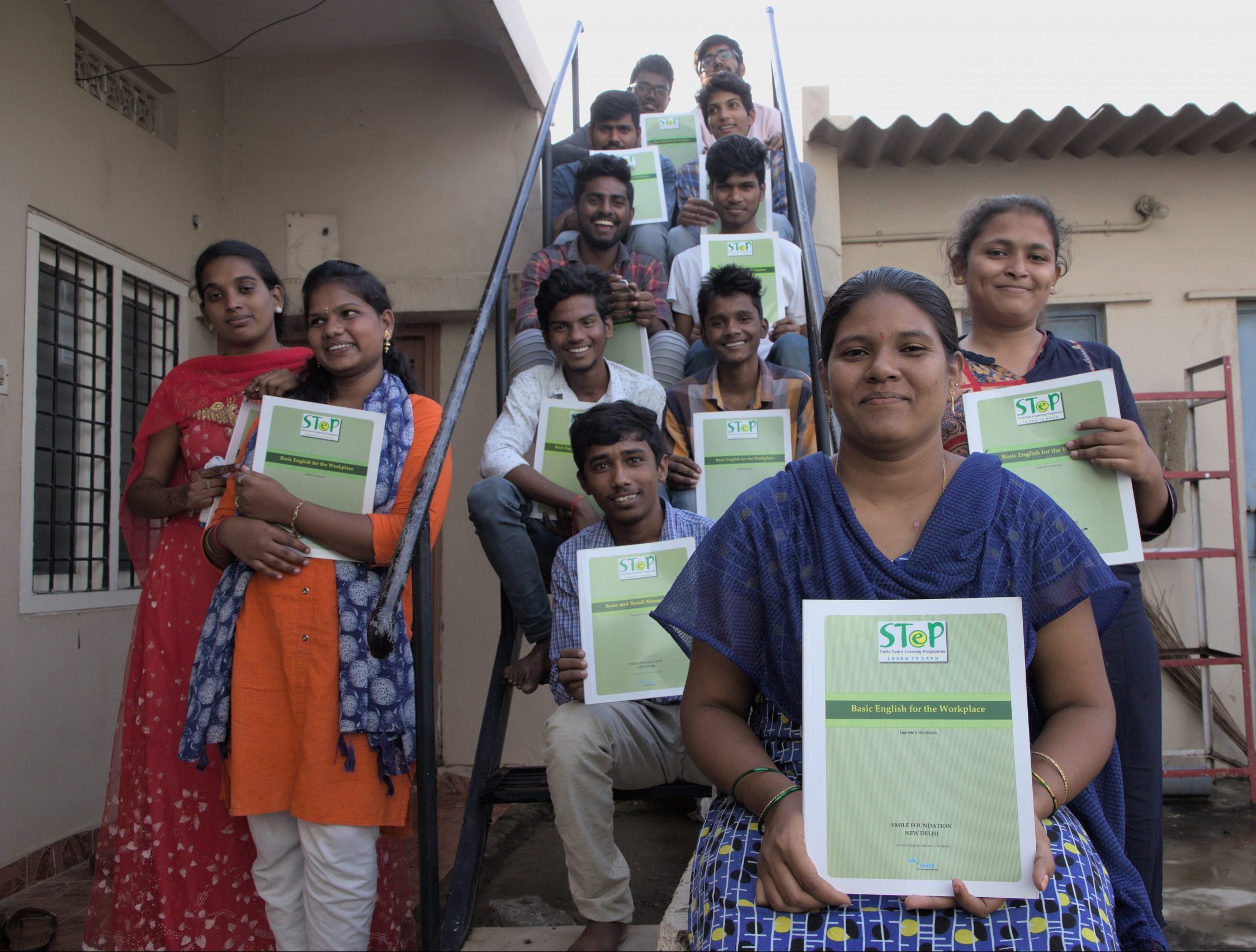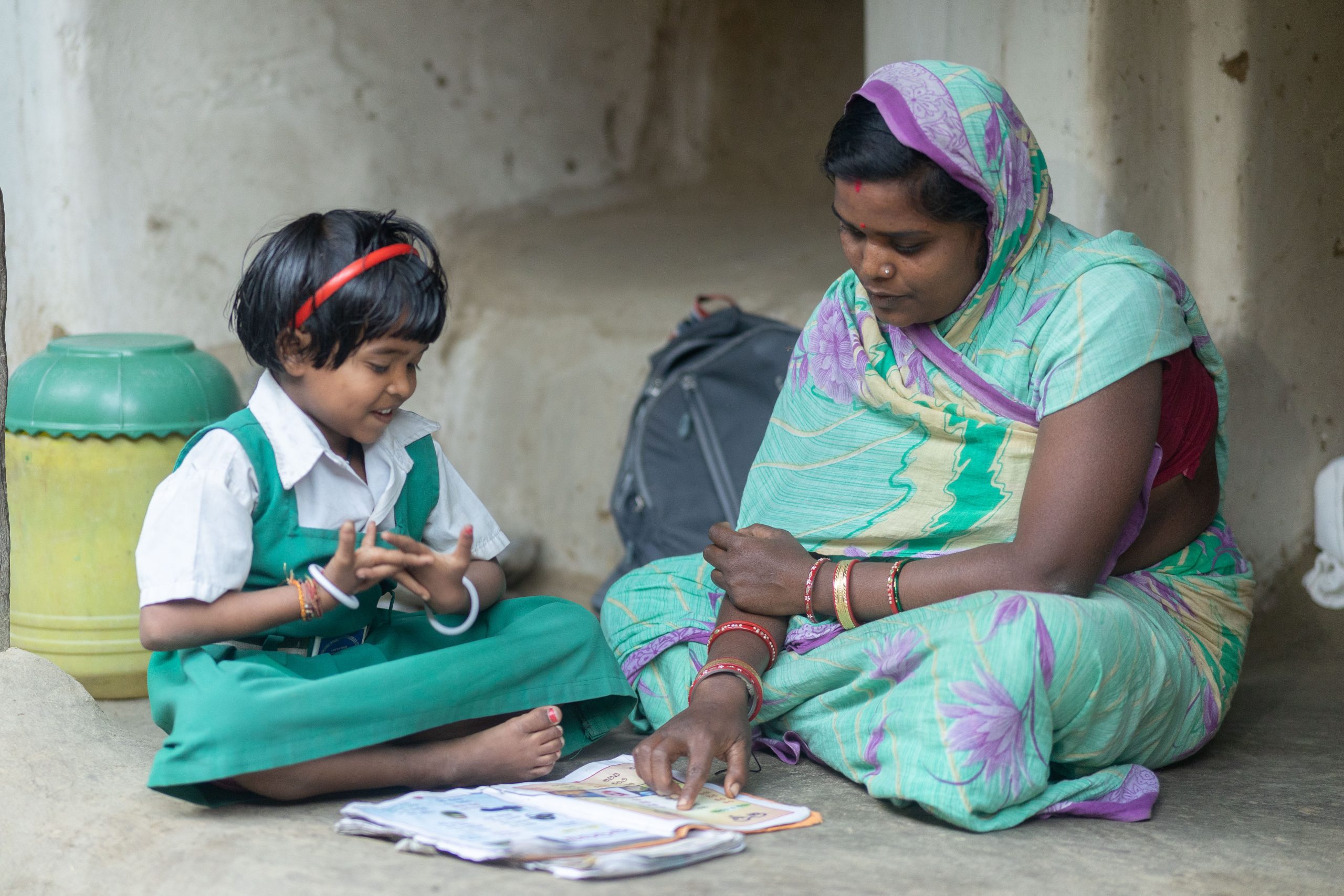Though most social efforts begin small, some are able to have a significant influence on sustainable development.
Instances of effective social venture scaling include the Alzheimer Café and the Instock Restaurant. Families can interact informally with friends, professionals, and students at the Alzheimer Café. There are currently 230 Alzheimer Cafés in the Netherlands, where it all began in 1997 in the Dutch city of Leiden. Other nations have also embraced the concept.
High-quality dishes are made at the Instock restaurant using leftover food. It was founded in 2015 by four ambitious workers from a large supermarket in the Netherlands. Since then, they have grown the number of restaurants and raised awareness of food waste among the general public. Although these instances are quite intriguing, there is a paucity of scholarly knowledge on these effective scaling techniques.
Scaling up social ventures and initiatives proves to be rather challenging. Coupling them with philanthropy helps them achieve better and greater results.
Philanthropic Tradition and Its Relation with Sustainable Development
The philanthropic industry is poised to undergo considerable changes as a result of changing demographics. The changes in Indian tax laws and the rise of novel, more dynamic giving models are hastening this transformation. Oganisations must understand how these changes will impact their charitable initiatives and learn how to effectively manage them.
Donating by members of earlier generations, such as “traditionalists” (born between 1920-40s) and baby boomers (born between 1940-64), was viewed as distinct from investing in ‘for-profit’ businesses. They anticipated that their non-profits would offer a service and add value to society, whereas their for-profit investments would just serve to generate a profit. They were social entrepreneurs.
People from these generations often didn’t think it was important to upset the status quo. Donating was their method of making a difference. They typically had faith that the nonprofits to which they donated were using their wealth effectively.
Why Social Venture Philanthropy (SVP)? How does it impact sustainable development?
SVP places a greater emphasis on raising money than on covering ordinary running costs, and grantee engagement is crucial to fostering innovation. Performance measurement is also given a lot of attention, with the main focus on improving systems and sectors.
The majority of investments in venture philanthropy are made through foundations or private equity firms. There is no time limit when it comes to impact investment. It takes more of an “as long as it takes” attitude. As venture philanthropists developed the sustainable development concept, they started to focus more on teamwork than on money. Successful organisations rely on long-term involvement to bring about systematic transformation to conduct SVP.
The cornerstones of SVP are high investor participation and finance strategies tailored to an organisation’s capacity requirements. Focus on results and unlimited money are both beneficial. In addition, venture philanthropists support infrastructure growth and capacity building by offering consultation services, guidance, mentorship, and thought leadership in addition to financial support. Consider it more like a collaboration with a mission than an investing venture.
And for a country like India with its massive population, SVP can make India more developed in a tiny time frame.
Smile Foundation and SVP
The Social Venture Philanthropy (SVP) concept developed by Smile Foundation is based on the effective “Venture Capital” business model.
It’s a concept that links social investment strategies to charitable donations with a clear focus on achieving scalability and sustainability, creating a culture of leadership and excellence– instilling a deep sense of accountability among the nonprofits.
Smile Foundation emphasises the idea that aiding others requires more than just donating money; it also requires making a serious, sustained commitment and keeping a close watch on outcomes. We enhance the capacity of grassroots NGOs in India to achieve accountability, sustainable development goals, scalability, and leadership using the SVP model. Smile Foundation utilises the SVP model to approach and strengthen a significant number of like-minded people and organisations internationally in an effort to broaden its base of investment in order to increase its reach and optimise outcomes.
Smile Foundation offers seed funding for new projects and the expansion of existing ones. It also places a strong emphasis on regular counselling, increased productivity, improved efficiency, and capacity building for grassroots NGOs. The other focus areas are communication and the principles of good governance for sustainable development.









